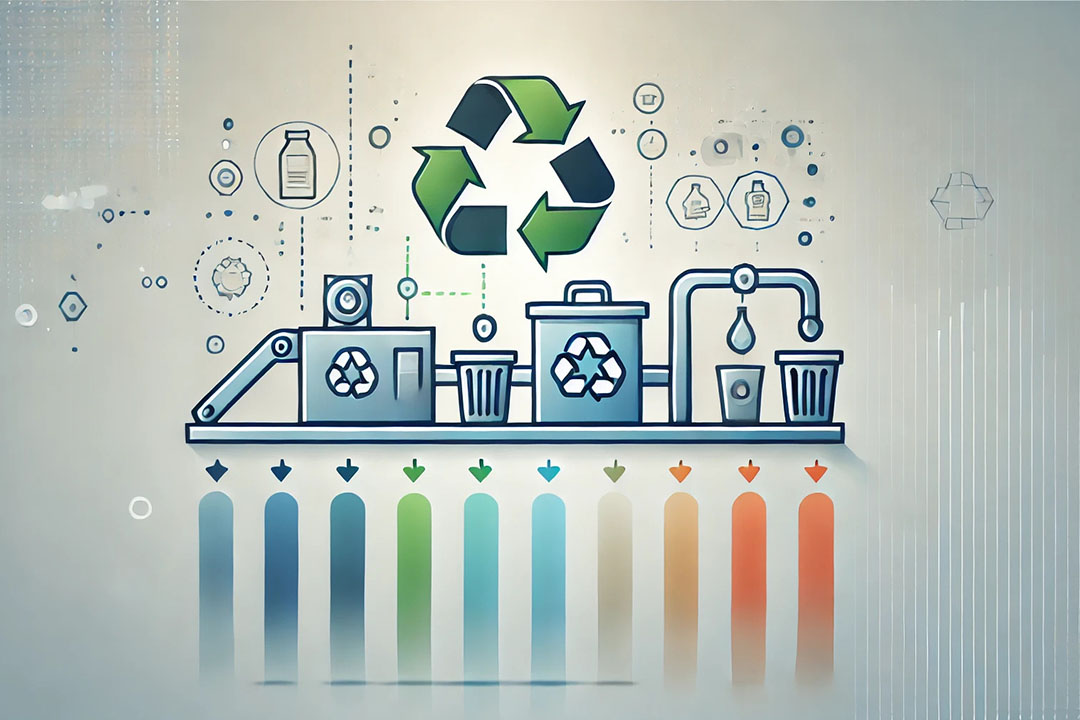The Importance of Plastic Recycling Machines in Sustainable Development
2024-08-21

As environmental issues become increasingly severe, plastic recycling machines have become a crucial means of promoting sustainable development. These machines are designed to reuse various types of plastic, transforming waste into valuable resources. This article will explore the importance and impact of plastic recycling machines on the environment and economy, as well as their working principles and types.
The Role of Plastic Recycling Machines
Plastic recycling machines play a crucial role in the waste management ecosystem by processing plastic waste into reusable forms. Plastic is widely used in daily life but also brings severe environmental challenges, such as pollution and depletion of natural resources. Plastic recycling machines efficiently transform plastic waste into new products, reducing the need for virgin plastic production and lowering the environmental footprint.
Types of Plastic Recycling Machines
- Shredder: These machines break down large pieces of plastic waste into smaller, more manageable sizes for further processing.
- Pelletizers and Extruders: Pelletizers further convert the shredded plastic into pellets, which serve as raw materials for producing new plastic products.
- Washing Lines: Before recycling, plastic needs to be cleaned to remove impurities. Washing lines are used to thoroughly clean plastic waste, ensuring the high quality of the recycled material.
Advantages of Plastic Recycling Machines
- Environmental Protection: These machines significantly reduce pollution, conserve natural resources, and lower greenhouse gas emissions associated with the production of new plastics by recycling plastic waste.
- Economic Benefits: Plastic recycling machines create economic benefits by generating employment opportunities in the recycling industry and reducing waste management and raw material procurement costs.
- Resource Efficiency: They promote the efficient use of resources by transforming waste into valuable materials, thereby supporting the circular economy model.
Challenges and Solutions
Despite the numerous advantages of plastic recycling machines, the recycling industry still faces challenges, such as the need to improve recycling technologies, handle mixed and contaminated plastics, and the economic feasibility of recycling certain plastics. Innovations in machine design, enhanced sorting and washing processes, and the development of markets for recycled products are crucial for overcoming these challenges.
Conclusion
Plastic recycling machines are indispensable in the pursuit of environmental sustainability and resource conservation. By transforming waste into reusable materials, these machines not only mitigate the adverse effects of plastic pollution but also contribute to a more sustainable and economically beneficial future. Continuous improvement and adoption of plastic recycling technologies are crucial for achieving global sustainability goals and promoting a circular economy.
All models from CHUNTAI are equipped with online scrap and formed scrap recycling functions, allowing for reprocessing. This not only helps reduce the consumption of Earth's resources but also lowers production costs for our customers. For more information, please do not hesitate to contact me.
